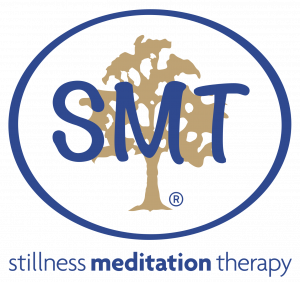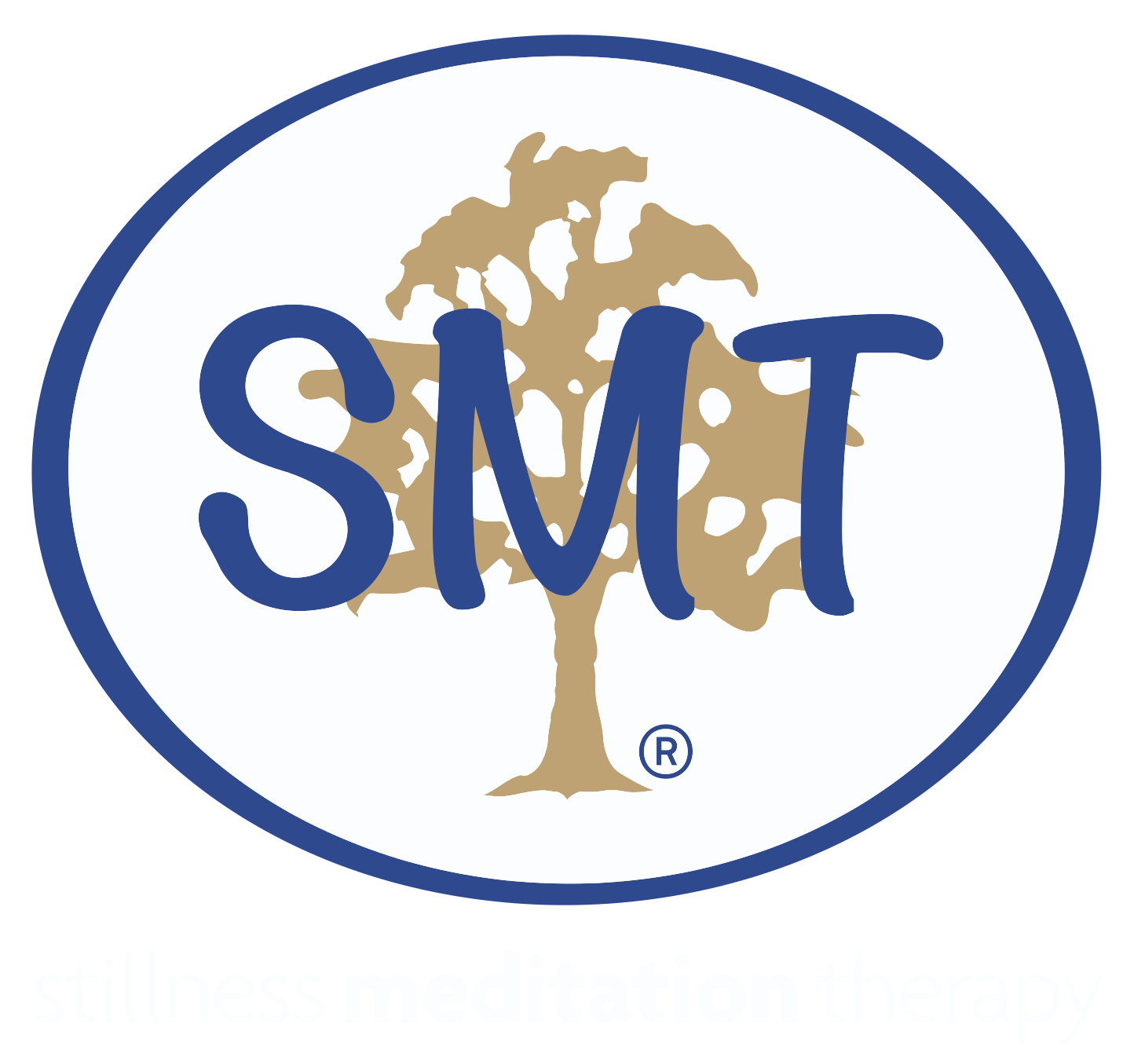Absence in the cause of freedom
In one of my books on a topic close to my heart (Help Yourself & Your Child to Happiness) I have quoted the respected literary poet, T.S. Eliot:
“Teach us to care and not to care, teach us to sit still”.
I really admire those words – conceived in the early 20thC with insight and wisdom. Eliot wrote frequently about ‘stillness’, his penetrating mind highlighting many years ago, other reflections so pertinent to current times. Here are a few examples:
• So the darkness shall be the light, and the stillness the dancing.
• I said to my soul, be still, and wait without hope, for hope would be hope for the wrong thing
• Where is all the knowledge we lost with information?
• Only those who will risk going too far can possibly find out how far one can go.
Eliot’s thoughts are well worth pondering – and pondering even more the significance of absence as the solution to a better understanding of life. And so the focus of our work at this Centre is on just that: absence of disturbance of the mind – as we offer the skill of stillness created by psychiatrist, Ainslie Meares who identified profound stillness as the ultimate step in change, growth and of course, personal freedom.
The end of October Halloween celebrations (whether we like the custom or not), highlights the gift of freedom. To see relative strangers welcoming each other into their homes, allowing hordes of kids to run freely, meeting new faces, receiving and sharing their treats with many parents gathering to party into the night, unquestionably reminds us of what it means to live in this ‘lucky’ country.
Freedom is perhaps the most precious gift humanity can know, and a perennial cause for celebration. And yet alongside that freedom is the reminder of the gradual erosion of the freedom we take for granted when we in Melbourne have so recently experienced loss, grief and disbelief in the heart of our beloved and safe city. These are harsh reminders, too, of the many atrocities now and in the past, where countries throughout the world were and remain subjected to long periods of occupation – as well as the peoples’ oppression of their own nationality and identity.
I’ve written of this before, but I can never forget the experience of spring celebrations near the site of liberation in Tallin, Estonia, alongside the giant memorial cross made of glass – glass as an ongoing reminder of the fragility of freedom. Even more imprinted in my mind is our shocking tourist visit to the concentration camps of Auschwitz-Birkenau. At Birkenau, the opening words on the plaque of remembrance state: For ever let this place be a cry of despair and a warning to humanity … One would think humanity might have learned. Yet still our world knows war and terror, with thousands throughout various parts of the world seeking refuge in safe lands.
We, in this country, are generally at a loss as to how to offer support to those suffering in other parts of the world. We can continue to encourage, pressure, plead for our Government to find the right way to truly assist refugees – and to seek the wisdom it needs when making decisions that ultimately affect our country and our own freedom. But as individuals, sometimes it is challenging enough to gain and sustain the strength we need ourselves, simply in daily living. Life challenges exist and enter our way in many varieties even within the cushioning of our usually comfortable existence. And the major reaction to such challenges is that ultra modern disease – stress – meaning worry, lost energy, mental burnout, confusion, rampant, life limiting anxiety and shades of depression. So stress and the anxiety it brings, needs to be managed to gain a sense of personal freedom.
Let’s think, then, about absence – the missing piece in the puzzle of life. The concept of absence may mean new strengths to recognize, develop and practice. Let’s think about developing the practice of a quiet and rested mind to better manage stress and reduce anxiety; to differentiate what’s really important; to increase confidence and gain better health and energy and to gain the strength to persist when trouble crosses our path.
Like the tree that begins as a sapling and survives by standing firm despite the stress of the elements, injury or disease, by doing ‘nothing’ in a special way, we too can re-shape and calmly grow stronger.
Perhaps there lies the hope that ultimately, that calm may spread to the minds and hearts of others – to our leaders or simply the community – in small steps to build greater freedom for all.
Pauline McKinnon (c)
Melbourne, November 2018




